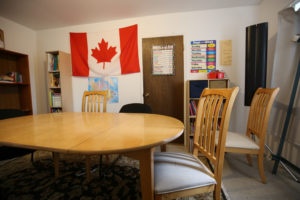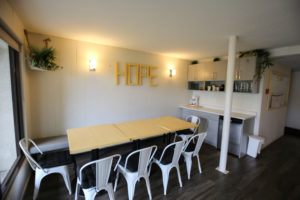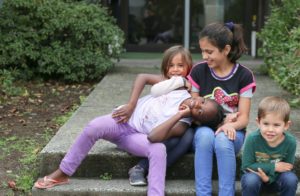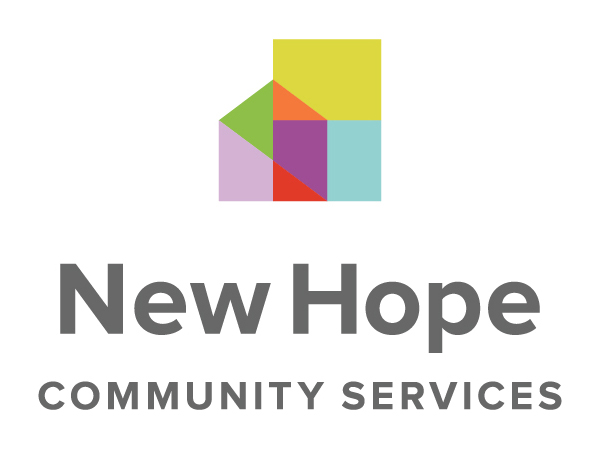
16 Jan Supporting a Refugee Family at New Hope
There is always a buzz when a new family moves into the New Hope building. We all feel the energy and excitement of welcoming new members into our community, especially the kids who instantly gain more friends to play and ride bikes with. New residents are showered with food and housewarming gifts from volunteers, and we truly feel like we are welcoming new members into our family.
On top of all the excitement, the move-in period can be overwhelming. There is a lot of adjustment that needs to happen for new residents. Not only are they settling into a new space, but they’re also laying the foundation for their life in Canada.

Role of Our Support Teams
It is a long journey for families to get settled and acquire the knowledge and skills needed to transition to independent living in Canada.
This is where our dedicated community support groups come in. Each family who moves in is assigned a support group, usually from a local church. This team journeys with the family for entirety of their stay at New Hope, which can last anywhere from 12 to 18 months. Most groups have six to eight members with one leader who is responsible for managing, encouraging and supporting team members during the journey.
When families first arrive, the support team helps set up the home and orient the family to the neighbourhood. This includes helping residents acquire furniture and household items through their donor network. Support teams also show the family places to shop, how to use public transportation and where to access services such as healthcare and the public library.
As families begin to feel more at home at New Hope, support groups assist in beginning the job search and finding a permanent place to live.
Our support teams aren’t on their own; we provide detailed information on what to do and have partnerships with professional service providers if a family requires further assistance.

A Marathon, Not a Sprint
The journey of a support group is a marathon, not a sprint. Ideally, one member of the group should visit the family every week or two for the entire 12 to 18 months of the commitment. Members should have enough availability to spend time onsite over a variety of times (weekends, in the evenings and during the weekdays). It is important that our support groups interact with the family on a regular basis to build a strong relationship and make the family feel welcome. This could include coming for coffee, taking the family shopping, inviting them over for dinner, going on a picnic or enjoying Canadian tourist attractions together.
It is important for support groups to think of the commitment as a long-distance run rather than a sprint: consistency and endurance is needed so the team members do not burn out in the beginning.
A Challenging but Rewarding Experience
Though challenging at times, supporting a refugee family is an extremely rewarding, meaningful experience for our community support groups. It’s an opportunity to play a crucial role in helping refugee families get on their feet and thrive in Canada. Many people see news stories about the harrowing experiences refugees face to get to safety but aren’t sure how they can help. Supporting a family is a direct way to make a lasting impact in the lives of those in need.
Living out New Hope’s values of patience, sensitivity and attentiveness helps create lifelong relationships between our community support groups and refugee families. Above all, we value love and know it is felt strongly amongst all who take part in our community.

Make an Impact
Interested in getting involved and making a difference in the lives of a refugee family in Canada? Contact us today for more information on how you can form a community support group.



No Comments